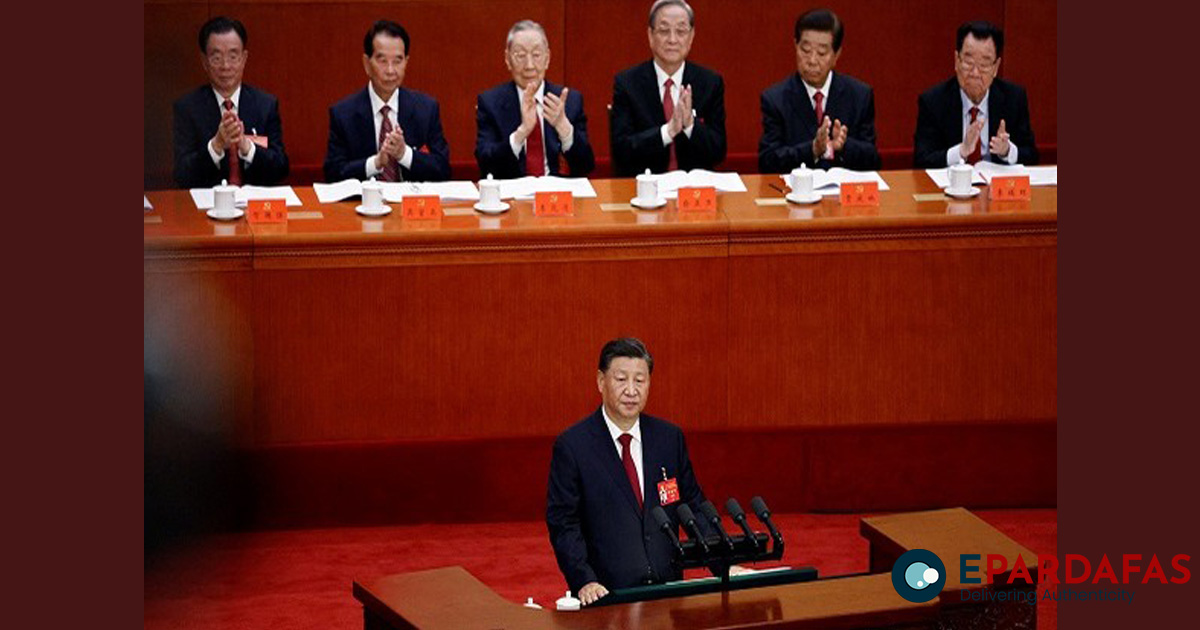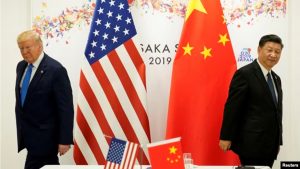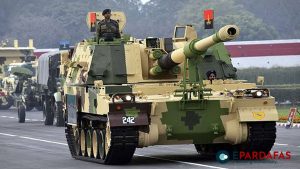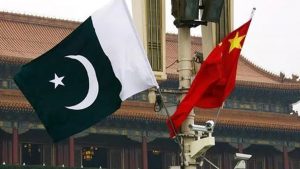
China’s “Great Power Diplomacy” Faces Challenges Amidst Internal Struggles and External Pressures
In 2018, Chinese leader Xi Jinping introduced a foreign policy strategy known as “great power diplomacy.” However, as the fifth anniversary of this initiative approaches, experts suggest that Beijing’s diplomatic endeavors are in disarray, marked by challenges in the U.S.-China relationship, turbulence within the Chinese Communist Party (CCP), and uncertainties surrounding the Belt and Road Initiative.
Xi’s Absence at G20 Raises Questions
A notable instance of these challenges was Xi Jinping’s absence from the recent G20 summit held in New Delhi, India. Instead, Premier Li Qiang represented China at this crucial international gathering. This absence has led political analysts to speculate that Xi’s decision may be linked to the unstable domestic political situation.
China observer Wang He pointed out that Xi Jinping’s international travels averaged around 14 trips per year before the outbreak of COVID-19 in late 2019. However, since his “reelection” earlier this year, Xi’s foreign travel has dramatically decreased, reflecting a shift in priorities towards domestic politics, a situation that is seen as politically uncomfortable for him.
Diplomatic Setbacks and the U.S. Advantage
China’s diplomatic struggles have not gone unnoticed. Experts argue that the CCP’s failures have allowed the United States to gain a diplomatic advantage. For instance, the United States and Vietnam established a strategic partnership, while the U.S., the European Union, Arab countries, and Israel collaborated on a new version of the Belt and Road Initiative, strengthening ties between Europe, the Middle East, and India. In addition, India has emerged as a new leader in the Global South, including Africa, a region of significant interest to the CCP.
At the G20 summit, U.S. President Joe Biden and other world leaders launched the European and American version of the Belt and Road Initiative, referred to as the “modern-day Spice Route.” This initiative focuses on creating an India-Middle East-Europe Economic Corridor (IMEC). This development is viewed as a strategic move to counterbalance China’s influence in Asia, Africa, and Latin America.
The European and American Belt and Road Initiative
At the G20 summit, President Joe Biden, along with leaders from India, Saudi Arabia, the United Arab Emirates, France, Germany, Italy, and the European Union, launched the European and American version of the Belt and Road Initiative (BRI), referred to as the “modern-day Spice Route.” This initiative aims to create an India-Middle East-Europe Economic Corridor (IMEC), with participating countries convening within 60 days to develop an action plan and timeline.
Experts believe that this move is strategic in weakening the CCP’s influence in Asia, Africa, and Latin America. While China’s BRI has invested heavily, estimated at $1 trillion, it now faces a severe crisis.
Belt and Road Initiative in Crisis
The CCP invested $1 trillion in the Belt and Road Initiative, which is now facing a severe crisis, according to experts. The European and American version of this initiative aims to compete with China in the area of infrastructure development, which China has specialized in.
Rising U.S.-China Tensions
Another core pillar of the CCP’s “great power diplomacy” is U.S.-China relations, which have been on the decline. The United States has initiated actions against the Chinese regime in technology, trade, human rights, and geopolitics. Most recently, the U.S. government launched an investigation into Huawei’s cellphone chips, leading to sharp criticism from the Chinese Ministry of Foreign Affairs.
Historical Importance of U.S.-China Relations
Historically, the CCP has prioritized relations with the United States as one of its top diplomatic concerns, especially since the “reform and opening-up” economic policies were introduced. The United States has been regarded as a model of prosperity, contrasting with countries aligned with the Soviet Union, which often experienced economic hardships.
Territorial Disputes and Map Controversies
Ahead of the G20 summit, China released the “2023 Edition of the Standard Map of China,” which included disputed territories, such as Taiwan, the South China Sea islands, and areas along the China-India border. This move prompted criticism from various countries with territorial claims, including Taiwan, and led to pushback from the United States against China’s maritime claims.
Internal CCP Struggles Impact Diplomacy
Internal power struggles within the CCP have further complicated China’s diplomatic efforts. The sudden removal of former Chinese Foreign Minister Qin Gang, a close confidant of Xi Jinping, has raised questions about Xi’s attendance at the APEC summit and his meeting with President Biden.
Political commentator Wang He suggests that Xi Jinping may be cautious about attending international events due to the influence of his political opponents within the foreign ministry. Despite Wang Yi succeeding Qin Gang, his prospects do not appear optimistic. There were even rumors that Wang Yi was supposed to attend the United Nations General Assembly but was replaced by Chinese Vice President Han Zheng, indicating Xi’s limited trust in the foreign ministry.
In conclusion, China’s “great power diplomacy” faces significant challenges on multiple fronts, including external pressures and internal CCP struggles. These developments have introduced uncertainty into China’s foreign policy and its relationships with key international partners.














Comments